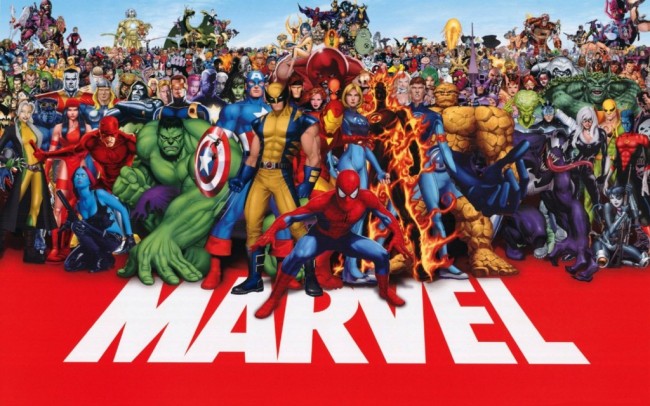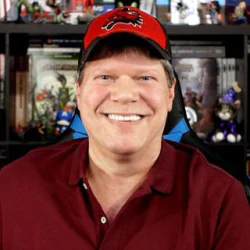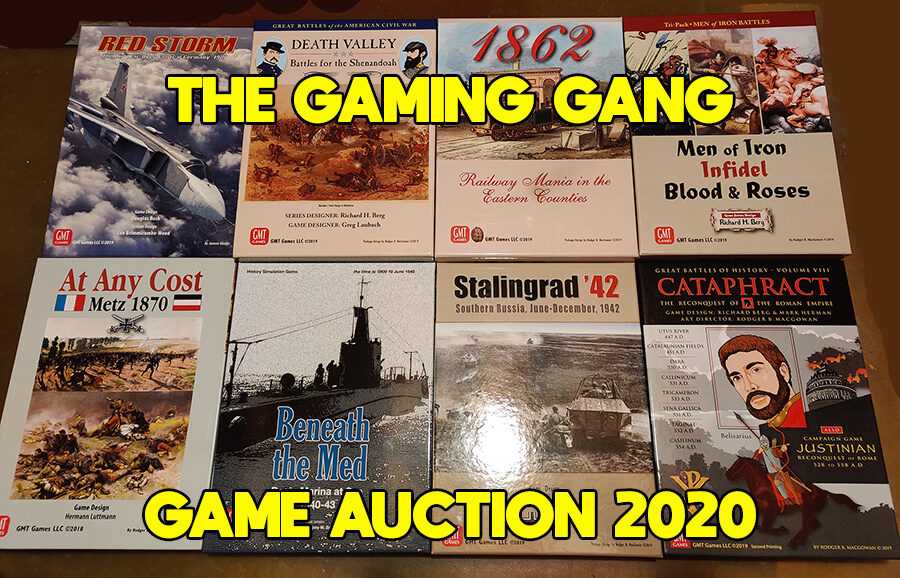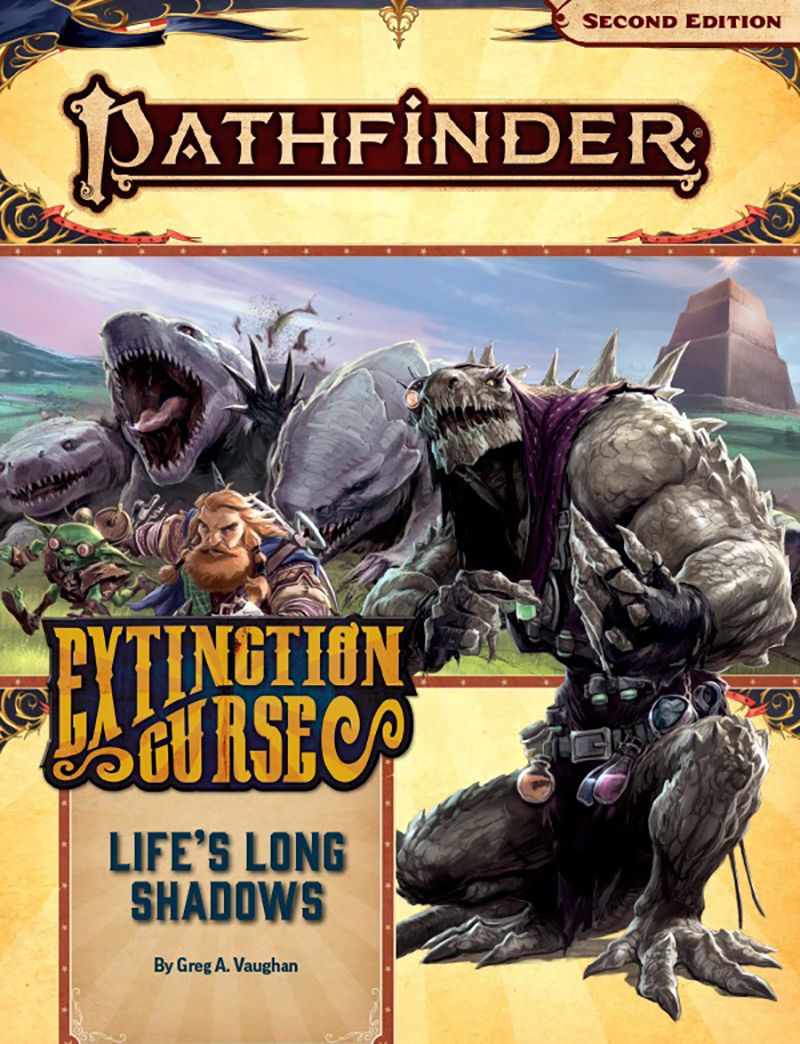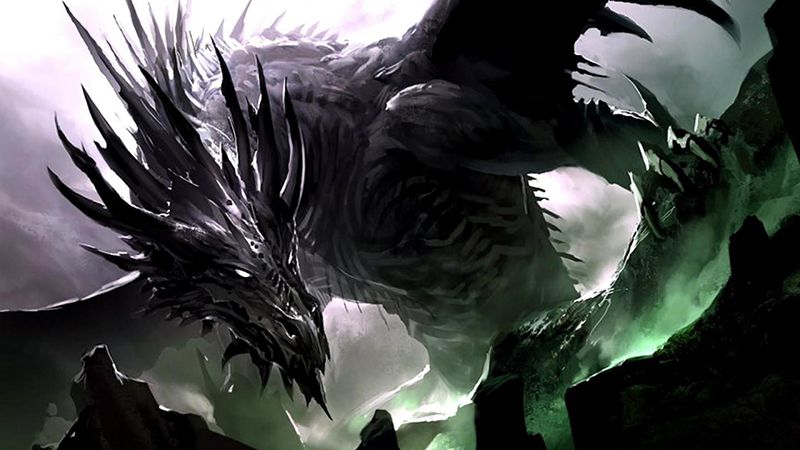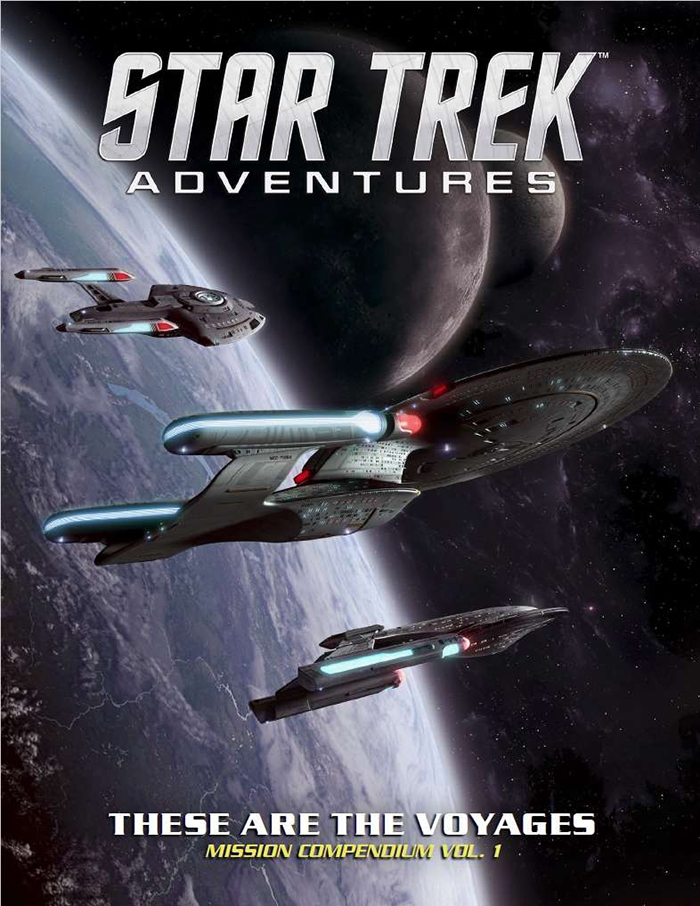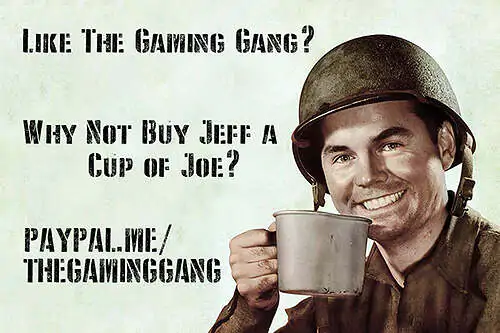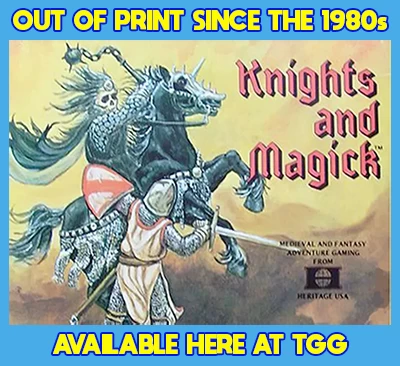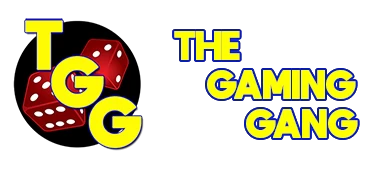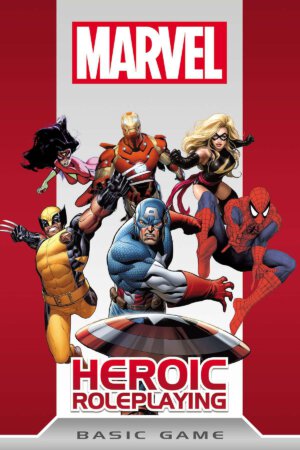
Publisher: Margaret Weis Productions
Designers: Cam Banks with Rob Donoghue, Jack Norris, Jesse Scoble, Aaron Sullivan, and Chad Underkoffler
Year: 2012
Players: Two or more players
Ages: 12+
Pages: 230
Genre: Marvel Comics superhero roleplaying game
Retail Price: $39.99 hardcover, $19.99 softcover, $12.99 PDF
Being a big fan of comic books and role playing games, I have always had an interest in super hero role playing games. I know there were many mornings in high school in which Elliott, our friends, and I were supposed to be in study hall and all we were doing was trying to figure out how our real world abilities translated into the Champions roleplaying game (or maybe it was Villains and Vigilantes…). Then there was the old TSR Marvel Superheroes RPG that came along and I don’t think I’m in the minority when I say that was fairly craptastic. The old Mayfair DC RPG was a much better system in reality but that had a few issues as well.
So when word came out at last year’s GenCon Margaret Weiss productions was going to enter into a partnership with Marvel to produce an RGP based on the House of Ideas I was pretty interested in finding out what it was all about. This isn’t to say I’d be gung ho in running an RPG based on the superhero genre, as I think it’s probably one of the most difficult to pull off as a GM, but I still wanted to get a look. So now we have Marvel Heroic Roleplaying, or as I’ll mainly refer to it, MHRP!
The new game is based on the Cortex system. I’ll be the first to step up to the plate and say I don’t know Jack about the cortex system. For the most part the Cortex system is used in other MWP role playing games based on licenses I really have no interest in. Yes, Elliott is going to condemn me to hell, but I’ve never been a fanboy of Smallville, or Supernatural, or really anything else MWP has a license with.
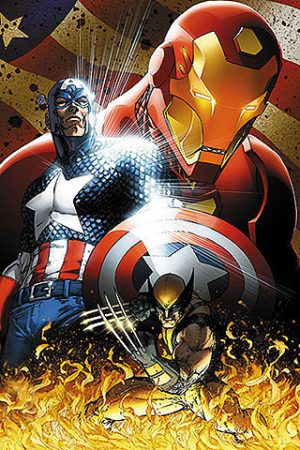
MHRP is a narrative game with a dice pool mechanic. To boil it down, your hero is made up out of various traits, such as powers, specialties and distinctions, each of which is represented as a die (d4, d6, d8, d10, d12). You’ll build dice pools (one from your powers, specialties, resources, and so forth if they’re appropriate) and then roll a honking big handful of various dice to see if you can overcome an opposed number depending on the situation. Another thing that will jump out at new players is the fact that characters don’t have numerical attributes or ability scores. Instead, the player will describe their action and assemble that afore mentioned dice pool. The Watcher (i.e., GM) resists these actions using the power sets, affiliations and specialties of characters he controls, or a Doom pool if the effect is not aimed at a character not controlled by the Watcher.
Sorry, I’m not going to use the term Watcher anymore as I’ve always found the character to be a bit creepy with that bizarre oversized baby sort of head placed on a normal human scale body. So from here on out the person running MHRPG will be refered to as the GM. By the way, if he’s the Watcher maybe he only needs really big eyes and not some humongous noggin…
Depending on what your character is looking to accomplish, successful rolls can allow you to (among other things) stress your opponent, create assets you can use, or inflict complications on other characters. Both the players and the GM can increase their chances of success by spending plot points (in the case of the players) or dice from the Doom pool (in the case of the GM). At the start of any given session there aren’t a lot of plot points or doom dice flying around, but the game mechanics encourage both to flow freely during the course of the game. The main aspect of MHRP is to tell a story; players and GMs need to work together to create a narrative in order to enjoy the system. I do honestly think the rules, as laid out, leave a lot to be interpreted by the players and GM since you won’t find a lot of print devoted to niggling little items that can easily be role played. This means MHRP will certainly not appeal to those players, or more importantly, GMs who need to have every last thing spelled out and rules devoted to every aspect of the game.
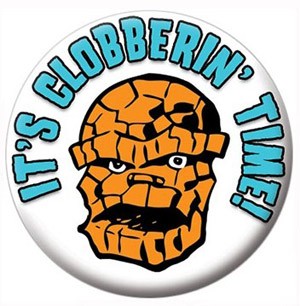
Rather than get into the whole 230 page book, and let’s be honest here, if you took out the art you’d probably be looking at just under a hundred, I’ll sum up some of the feel I get from the product as a whole. I’m want to say this isn’t a perfect system because for as many things I believe MHRP gets right there are almost an equal number of things it gets wrong. So let’s tackle the negatives first:
One of the big drawbacks is the rules themselves as they aren’t the easiest read. I’m not saying they’re poorly written just poorly presented as far as logic stands. I understand if you want to explain something to me as if I’m ten years old to get a concept across; I really do get that. But why do you want to explain the very same concept to me, as if I were thirteen years old, two chapters later? To me this is just sloppy editing and truth be told I’m feeling a little gipped because you’re devoting text I’ve paid good money for to reiterate what should have been explained properly in the first place. That way you could devote those same pages to something new and exciting as opposed to rehashing something you already presented earlier in the book. Key concepts are haphazardly explained in many instances as well and require revisiting. Also, to my eye, the way the book progresses doesn’t seem to be laid out in a logical manner.
Next, for a core book, the sheer number of superheroes laid out for gamers is pretty weak. I want to say you have just over twenty Marvel superheroes laid out for you and that really doesn’t fly too well with me. Sure, I understand MWP wants to sell additional supplements and so on but please you need to give us more to work with than that. I’d have even been happy with the inclusion of some “B” list heroes or villains just to round things out a bit more.
As far as creating your own superhero in the Marvel universe you’re a bit out of luck. I believe this is going to irritate a few people right off the bat. The main focus of MHRP seems to be taking on the role of an established character so character creation (what there is of it) is just as loose and fast – maybe even looser and faster – as many of the other rules in the game. They’re better suited for trying to create a character “like” Iron Man as opposed to actually putting together something of your own creation. The follow up explanations MWP have posted regarding character creation also have come off a bit flat in my opinion.
Lastly, and this is probably more just my personal taste, but it’s not as if the Cortex system is blowing the doors off the gaming community. Sure, from my understanding, there are differences between MHRP and other licensed titles from MWP (thus they call this system Cortex Plus) but I’m not getting the impression they went too far out of the box on this one. That’s not really a major issue but it’d be one thing if you had the hottest RPG system in town but reading MHRP made me feel as if the Marvel Universe was being pigeon holed for the sake of ease as opposed to creating something fresh and new.
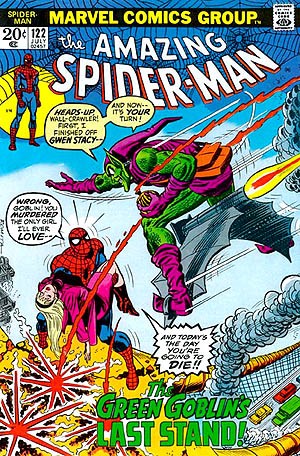
I do have to say the system promotes good role playing because if you can think of something you can take a shot at playing it out. Since I have years of experience as a GM, I like the fact that every tiny thing that can take place isn’t “gamed” or time wasted with rules devoted to them. That appeals to me but may not be the case with someone new to the hobby and I can see a new GM getting a bit flustered when players get a little too creative.
Another nice aspect is you can see that every superhero brings something to the table and can play a key role in any story as opposed to just the usual who’s the strongest/who’s the fastest line of thinking. With the way the MHRP rules are set up you can understand someone like the Black Widow, or Wasp, being part of the Avengers on the same level as someone like Iron Man or Thor; every superhero can be worked into an integral part of a team or duo.
In my opinion, with the right group of players and someone adequately running the show, loads of Marvel goodness could be had delving into MHRP. Granted the system is tailored more for someone with a bit of experience – at least with running an RPG – and good skills in flying by the seat of your pants is required. Unfortunately, the main target audience of Marvel Heroic Roleplaying is the comic book reading public who aren’t gamers. Let’s be honest here, that’s where the bread and butter of this product is going to be because anyone who’s an established role player, and digs superheroes, has already tweaked their favorite system to Marvel, DC, Dark Horse, or any number of comic publisher canons to what they already play. The way the rules stand now, they aren’t necessarily the best fit for people new to the hobby and really need a bit of polishing to be easier to grasp for first time gamers.
Overall I do like Marvel Heroic Roleplaying and think it makes a good addition to your RPG collection – especially if you live and breathe Marvel – as the framework is in place to really build a solid system around. Just keep in mind some of the mechanics might be a bit different than what you’re used to playing and creating your own comic book legends in the making isn’t as well thought out as I would no doubt like.
[rwp-review id=”0″]


